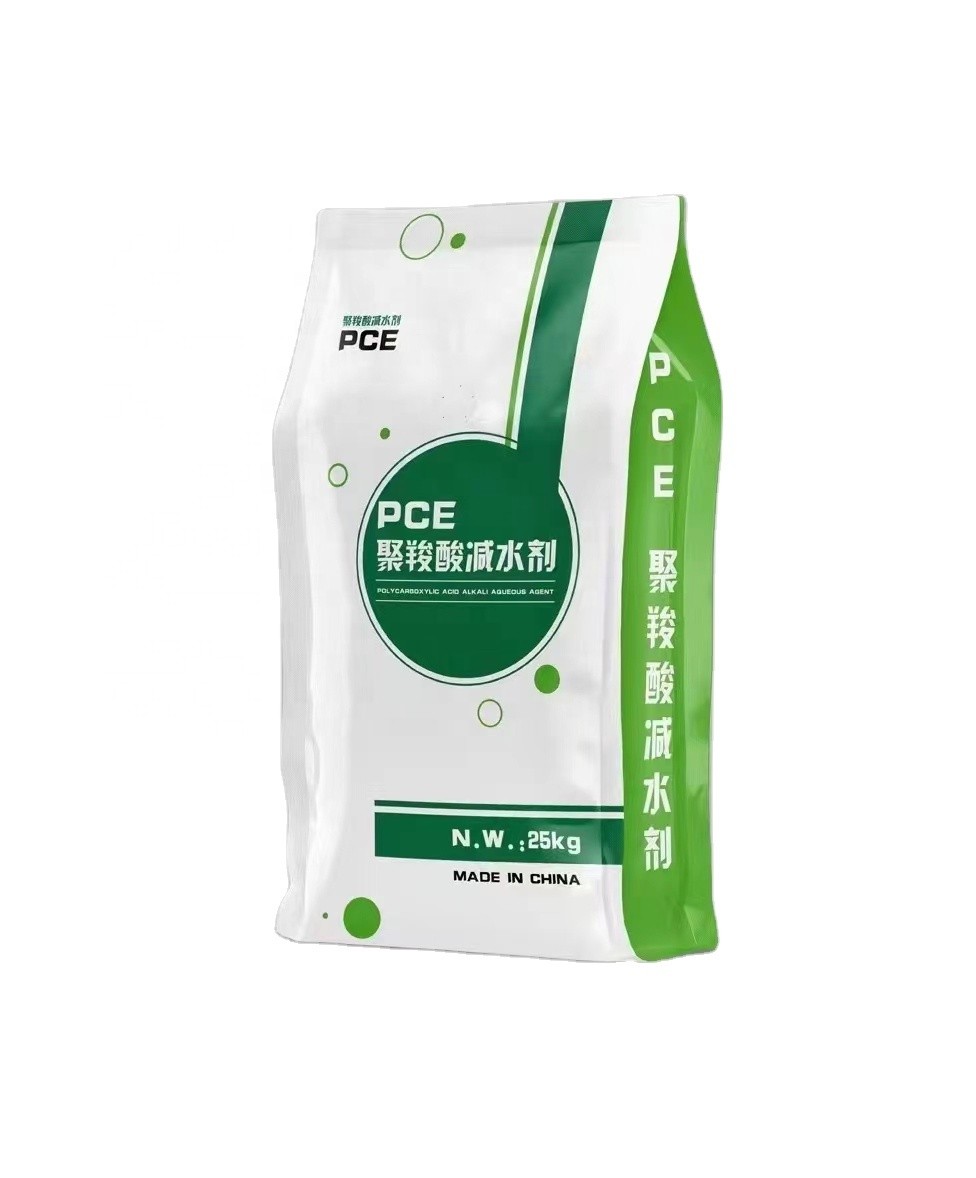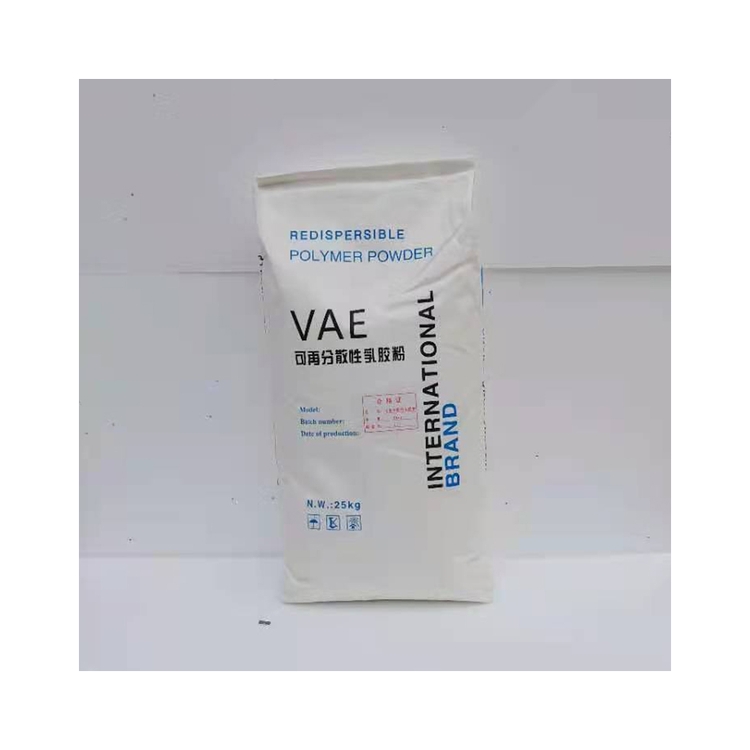What Chemical Is Added To Concrete
What Chemical is Added to Concrete? AJF’s Polypropylene Fiber Solution
Concrete is one of the most widely used building materials worldwide, valued for its durability and structural strength. However, to achieve the best performance, concrete often requires the addition of specialized chemicals, known as concrete additives. One of the most effective additives today is polypropylene fiber, a reinforcement material that improves concrete’s durability, crack resistance, and lifespan. In this article, we’ll explore the role of these fibers, focusing on how AJF—a trusted brand—provides high-quality concrete additive polypropylene fiber solutions to meet the needs of the construction industry.
Understanding Concrete Additives and Polypropylene Fiber
Concrete additives are chemicals or materials added to concrete to enhance specific properties, making it more suitable for particular construction requirements. Polypropylene fiber is one of the most popular additives because of its unique benefits for concrete:

Crack Resistance: Polypropylene fibers, which are added in short strands to the concrete mix, act as a crack arrester. The fibers distribute evenly throughout the concrete matrix, preventing microcracks from developing into larger cracks.
Durability: The fiber’s chemical properties contribute to a longer-lasting, more resilient concrete structure, which can withstand environmental stressors such as temperature fluctuations and moisture exposure.
Enhanced Flexibility: Polypropylene fibers increase the flexibility of the concrete, which reduces brittleness and enhances its load-bearing capacity. This makes it especially useful for large infrastructure projects and high-traffic areas.
AJF specializes in providing concrete additive polypropylene fiber China wholesale options, with a network of trusted distributors and suppliers that deliver top-quality materials worldwide. By sourcing from AJF, builders and contractors have access to cost-effective and reliable solutions for projects of all scales.
Key Benefits of AJF Polypropylene Fiber for Concrete
The advantages of using AJF’s concrete additive polypropylene fiber products extend beyond the basic properties of fiber reinforcement. Here’s what sets AJF’s offerings apart:
High Quality and Consistency: AJF produces polypropylene fibers that meet stringent quality control standards, ensuring consistency across every batch. This consistency translates to reliable performance on-site, whether you’re using AJF’s products for a residential or commercial project.
Eco-Friendly Production: AJF is committed to sustainable manufacturing practices. By choosing polypropylene fibers from AJF, companies can reduce their environmental impact, since these fibers do not require as much concrete in the mix, cutting down on the raw materials and energy consumption.
China Wholesale and International Distribution: AJF has a robust supply chain that includes both polypropylene fiber distributors and direct sales to international markets. As a leader in the concrete additive polypropylene fiber China wholesale sector, AJF makes it easy for companies worldwide to access premium polypropylene fiber for their concrete needs.
Custom Solutions for Varied Applications: AJF offers a range of polypropylene fiber products to meet specific project requirements. For instance, certain fibers are engineered for high-traffic applications, while others are optimized for resistance to chemical exposure, making them ideal for industrial settings.
How Polypropylene Fiber Improves Concrete Quality
Incorporating concrete additive polypropylene fiber into concrete enhances performance in several ways:
Improved Surface Finish: Polypropylene fibers create a smooth, polished finish by reducing shrinkage cracks during the drying process. This is ideal for applications requiring a clean, aesthetic surface, such as pavements, commercial floors, and decorative structures.
Increased Impact Resistance: The fibers absorb impact, reducing surface wear over time. This property makes polypropylene fiber-reinforced concrete perfect for high-impact areas such as parking lots, driveways, and warehouses.
Reduction in Curing Time: Because the fibers help control moisture loss, the curing time of concrete can be reduced. This leads to shorter project timelines, an essential factor in commercial construction where time is often a critical constraint.
AJF’s Role in the Global Polypropylene Fiber Market
AJF’s presence as a leading concrete additive polypropylene fiber supplier has solidified its role as a global distributor of top-notch polypropylene fiber products. Here’s why AJF stands out:
Global Reach with Local Service: AJF’s extensive network includes polypropylene fiber distributors around the world, ensuring timely delivery and support for customers in any region.
Industry Expertise: With years of experience, AJF brings a deep understanding of construction needs, offering expert guidance and support. Customers benefit from a range of options tailored to their specific project requirements.
Cost-Effective Solutions: AJF offers concrete additive polypropylene fiber China wholesale services, allowing customers to purchase high-quality fibers at competitive prices. Bulk purchases also reduce costs, making fiber-reinforced concrete a more accessible solution for large projects.
How to Use Polypropylene Fiber in Concrete Applications
Using polypropylene fiber as a concrete additive is straightforward and efficient. Here are a few guidelines for incorporating AJF’s fibers into your concrete mix:
Determine the Right Dosage: AJF recommends a dosage based on the project requirements. Typically, polypropylene fibers are added at a rate of 0.9 to 1.8 kg per cubic meter of concrete.
Mixing Process: The fibers are added directly to the concrete mix during the batching phase, ensuring even distribution. For best results, add the fibers gradually and allow sufficient mixing time to prevent clumping.
Finishing Techniques: Once the concrete is poured, it’s essential to use appropriate finishing techniques to achieve a smooth surface, as the fibers can influence texture.
Curing Recommendations: Proper curing is critical to maximize the fibers' effectiveness. AJF provides guidance on curing practices that help reinforce concrete’s crack resistance and durability.
Future Prospects of Polypropylene Fiber in the Concrete Industry
As the construction industry grows and prioritizes sustainability, polypropylene fiber will play a crucial role in improving concrete performance and reducing environmental impact. AJF’s continued commitment to innovation and quality ensures that construction companies have access to premium products that meet modern standards for efficiency and sustainability.
Polypropylene fiber not only strengthens concrete but also contributes to a reduction in carbon footprint by reducing the need for excess cement. AJF is dedicated to leading this sustainable transition by providing concrete additive polypropylene fiber inc products that meet the highest standards.
In summary, polypropylene fiber from AJF offers an ideal solution for enhancing concrete’s strength, durability, and crack resistance. As a trusted concrete additive polypropylene fiber supplier and distributor, AJF supports the global construction industry with eco-friendly, high-performance fiber products that meet diverse application needs. For any project, from residential to industrial, AJF’s polypropylene fibers help ensure concrete structures that stand the test of time.




